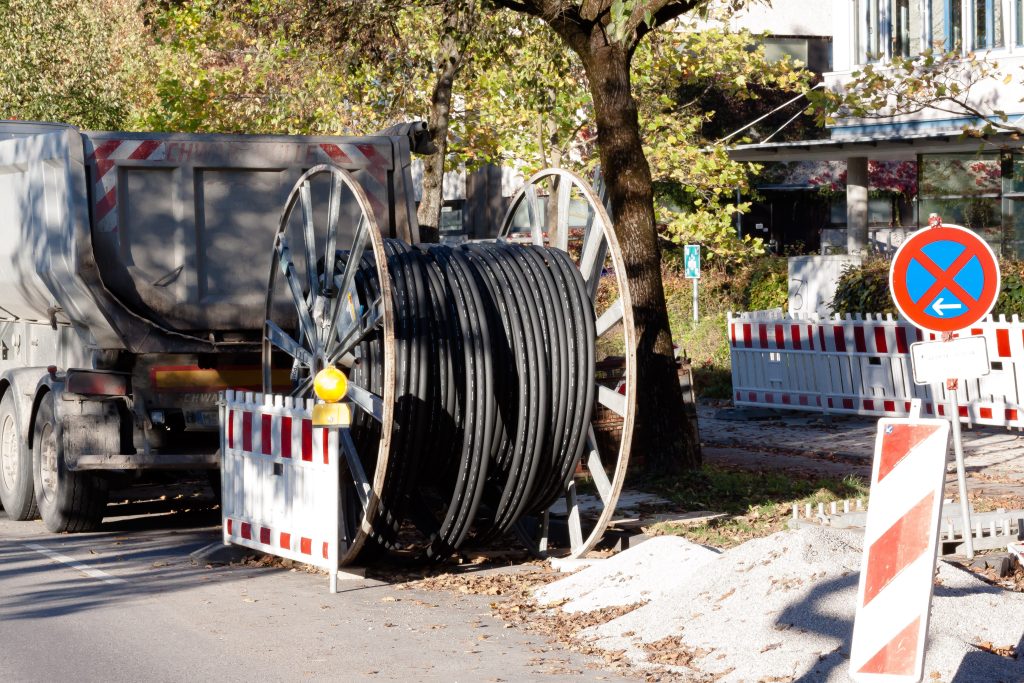 The discovery process of litigation is vital to a well-informed judgment rendered by the court. But discovery can be halted, disrupted, or dismantled by various motions. Finding and gathering all the necessary information in a lawsuit is incredibly important for all sides. Still, it requires showing a need for that information and the presence of facts in dispute. Identifying and presenting disputed facts of a case is necessary to help protect your case from a summary judgment dismissal.
The discovery process of litigation is vital to a well-informed judgment rendered by the court. But discovery can be halted, disrupted, or dismantled by various motions. Finding and gathering all the necessary information in a lawsuit is incredibly important for all sides. Still, it requires showing a need for that information and the presence of facts in dispute. Identifying and presenting disputed facts of a case is necessary to help protect your case from a summary judgment dismissal.
Heniff Transportation, LLC (“Heniff”) was a licensed professional truck driver transporting dangerous chemicals. One of the plaintiffs, Carl Davis, was a self-employed independent contractor working for Heniff. During this work, Carl attempted delivery of a tank of hydrochloric acid to GEO Specialty Chemicals (“GEO”). GEO personnel found defects in the tank, which Heniff owned. To address the defect, Heniff directed Carl to have Bastrop Tank Wash (“Bastrop”) repair the tank. Bastrop allegedly repaired the tank, but when Carl and GEO later began transferring the hydrochloric acid from the tank, the allegedly repaired hose ruptured, hydrochloric acid escaped from the fittings, and Carl’s required protective gear was knocked off his body. As a result, Carl suffered injuries to his eyes, face, and body.
Carl and his wife, April, sued Heniff, Bastrop, GEO, Sparta Insurance (later replaced by Arch Insurance), ABC Insurance, and DEF Insurance, for damages and loss of consortium. In response, Bastrop filed for summary judgment, arguing that the part of the exploded hose was not a part that Bastrop repaired.
Despite not filing the motion in the proper time frame, the trial court granted summary judgment for Bastrop and denied the Davises’ motion for a new trial. The Davises appealed that judgment, arguing that the trial court was wrong to determine that there was no genuine issue of material fact because Bastrop was not responsible for the malfunctioning portion of the hose.
A court should grant a motion for summary judgment if the record shows no genuine issue of material fact. La. C.C.P. art. 966. The party moving for summary judgment is burdened with no factual support for at least one element of the other party’s claim. Upon that showing, the nonmoving party must produce factual support for that questionable element to prevent summary judgment. La. C.C.P. art. 966(D)(1). Evidence supporting a motion for summary judgment must be properly served and provided at least 15 days before the hearing of the motion. Supporting documents not filed within this time frame can be excluded from the record by the court. Woodall v. Weaver. The trial court can grant summary judgment or allow for further discovery, but the parties must be allowed to present their claims. A suit without clear disputed issues should not be delayed for further discovery unless summary judgment would likely be unjust. Peterson v. City of Tallulah. Appellate courts reviewing summary judgment rulings should use the same criteria used by the trial court and assess the record anew to determine if summary judgment was appropriate. Bank of New York Mellon v. Smith.
The Second Circuit found in its review that there are genuine issues of material fact in the case, meaning that the trial court’s granting of summary judgment was inappropriate under La. C.C.P. art. 966(A)(3). Various facts regarding the communications about the defective hose and the scope of Bastrop’s agreement to repair the trailer were considered disputed by the court. According to the court, further discovery would be needed to determine the full underlying facts, and prohibiting that discovery through summary judgment would likely be unjust to the plaintiff Davises. To prevent this injustice, the appellate court reversed the trial court’s grant of summary judgment for Bastrop to permit the plaintiffs to engage in further discovery.
Fact-finding is the core of litigation. It is too important to ensure that all the vital information is before the court to render a well-informed judgment based. Acquiring representation skilled in thorough, effective discovery procedures gives you the best chance of getting a ruling that accurately addresses your claims and concerns.
Additional Sources: Davis v. Heniff Transportation, LLC
Written By Berniard Law Firm
Additional Berniard Law Firm Article on Discovery: Can the Time to File a Lawsuit in Louisiana Be Extended Due to Discovery Issues?
Summary Judgment for Malicious Prosecution Improper Without Adequate Discovery
 Louisiana Personal Injury Lawyer Blog
Louisiana Personal Injury Lawyer Blog

